
An espresso cups sits on a table beside a folded newspaper. Via Unsplash
It’s another Saturday, and so another Coffee News Roundup. Not a huge amount to talk about this week, but talk about it we shall.
ICO Releases Flagship Annual Report: ‘The Value of Coffee’ - via Daily Coffee News
The International Coffee Organization’s annual report on the global coffee supply chain has been released, and it’s. . . enormous.
Too large to get into here (in fact, Daily Coffee News barely scratches the surface in their initial story) but it can be downloaded in full here and, as DCN reports more on its findings over the coming months, so shall the Pourover.
For now, here’s a good—albeit dispiriting—summary from the DCN article:
As is to be expected, the empirical research shared throughout the report shows that despite the exponential growth of the coffee trade over the past 30 years, an exponentially higher share of the resulting market value has been captured by actors in traditional consuming countries, such as coffee roasters and traders. Meanwhile, smallholder coffee farmers and farmworkers, while producing exponentially more coffee, collectively remain by far the most vulnerable within the global value chain.
Following Brexit, UK Joins The International Coffee Organization - via Daily Coffee News
Ah, Brexit. That promised land of endless possibility, true self-governance, and freedom from the dreaded “red tape”. If you believe the British government (I know, I know) it’s all going rather swimmingly.
Except that, at least in the coffee industry, things are a bit more sink-y. Stories back in December quoted coffee importers worried about shipping bottlenecks post-Brexit, as well as reports detailing the possibility of barista shortages under increased immigration controls.
As part of the European Union, the United Kingdom was also a member of the International Coffee Organization, benefitting from the ICO’s status as a “high-level platform for intergovernmental and private sector collaboration, while providing a broad range of trade data and analysis for policy-makers” as Daily Coffee News puts it.
But the good news is that the UK no longer has to abide by those onerous and punitive EU regulations and is free to strike out on its own and. . . immediately rejoin the ICO.
Okay, so I got this far into this section before realizing that this is barely news. Oh well, live and learn. Let’s move on, shall we?
Coca-Cola With Coffee Finally Debuts In America - via Sprudge
Aha! Here’s the real crux of this week’s Roundup: a big, hard-hitting story about how a soda conglomerate is releasing a coffee-infused cola beverage.
. . .
Look, there’s just not that much news this week, and this PR-pushed, ridiculous excuse for a story is the best we’re going to get.
You see, Coca-Cola already has caffeine in it, and now they’re adding coffee for some reason. As far as I can tell, that’s the extent of it.
This launch has been rumored since at least 2018, back when we were all innocent and the world was full of promise and potential.
Coca-Cola isn’t the only sugary beverage purveyor trying to ride the coffee wave: back in 2019 Pepsi claimed to be launching their own monstrosity, but so far it hasn’t appeared.
Is this a cynical attempt by a giant corporation to hijack the news cycle and launch a gimmicky, zeitgeisty product that nobody really wants? Yes. Am I going to try it? Almost certainly also yes.
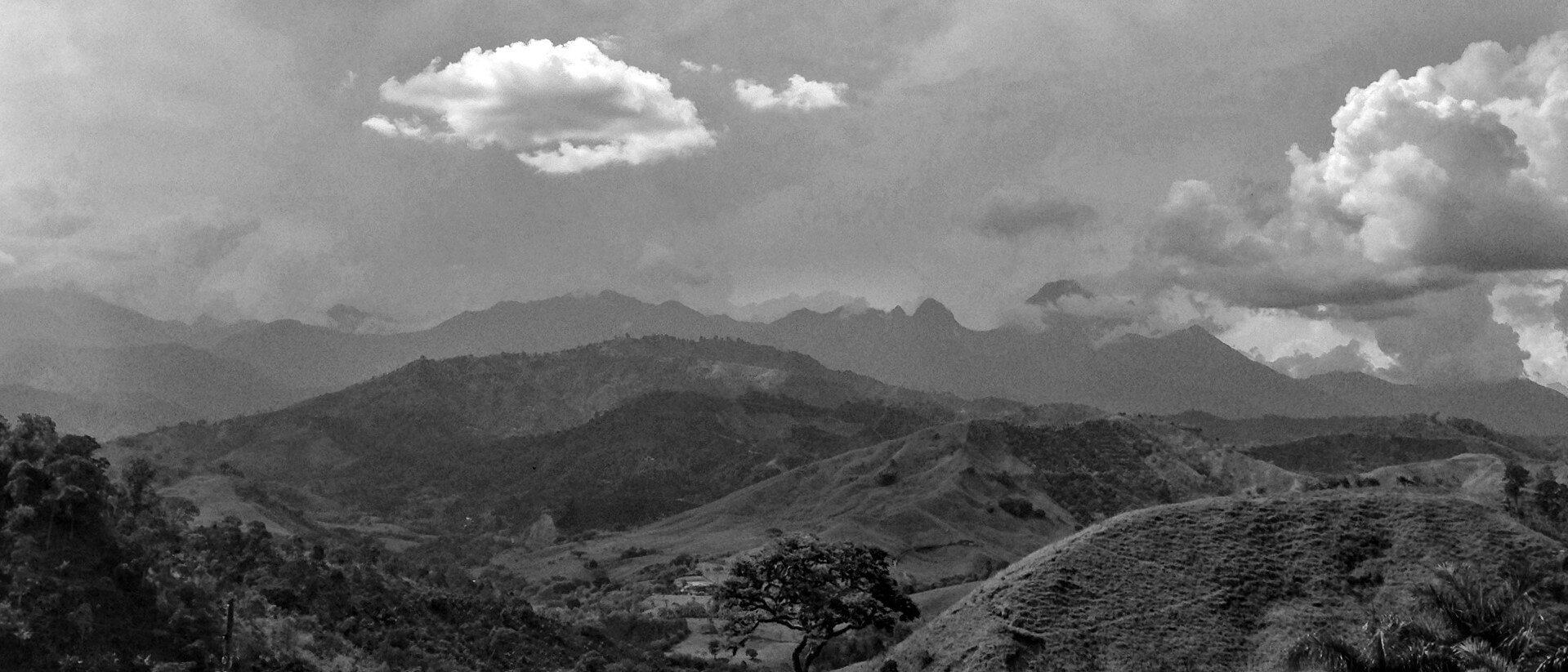
Long shot of Colombian coffee farms with mountains in the distance.
More Headlines
Shoppers Can Soon Trace Their Coffee Back To World’s Top Co-op
Minnesota Roasted: Nine Roasters Interpret One Coffee To Benefit Service Industry Workers
Nike Steps Into 2021 With A Menu Of Coffee-Themed Shoes
The Week In Corporate Coffeewashing
Speaking of gimmicky, zeitgeisty products that nobody really wants, Nestlé is “[tackling] upstream food waste through product and technology innovation” with a new cascara-based soda.
That’s right, if you live in Australia you can now try a Nescafé Nativ Cascara, a “novel beverage with a floral and fruity flavor” that uses the usually-discarded coffee cherry and hypes up all the antioxidants and whatnot that cascara contains.
But it’s also environmentally friendly!
Nestlé is, per the report/press release, “creating a new purpose for an agricultural side stream that typically gets discarded” and at the same time developing “new revenue streams for farmers and start-ups focused on developing food ingredients or packaging materials”.
On a similar note, a new vodka also made from cascara is being introduced in the US, but this one is less of an issue because it’s not some giant corporation trying to greenwash its public image.
Is Coffee Good For You?
Nothing groundbreaking to report this week (sense a theme?) but this highly entertaining article from Sprudge on something called “chronotypes” is worth a read if you’re interested in junk science and how it relates to coffee—and really, aren’t we all?
What To Read
Women Making Waves In African Coffee by Selam Fanta Asega
Until next week, drink good coffee—and if you can buy a bag from one of the Minnesota roasters raising money for the service industry, all the better (I’m going with Wildflyer, myself).
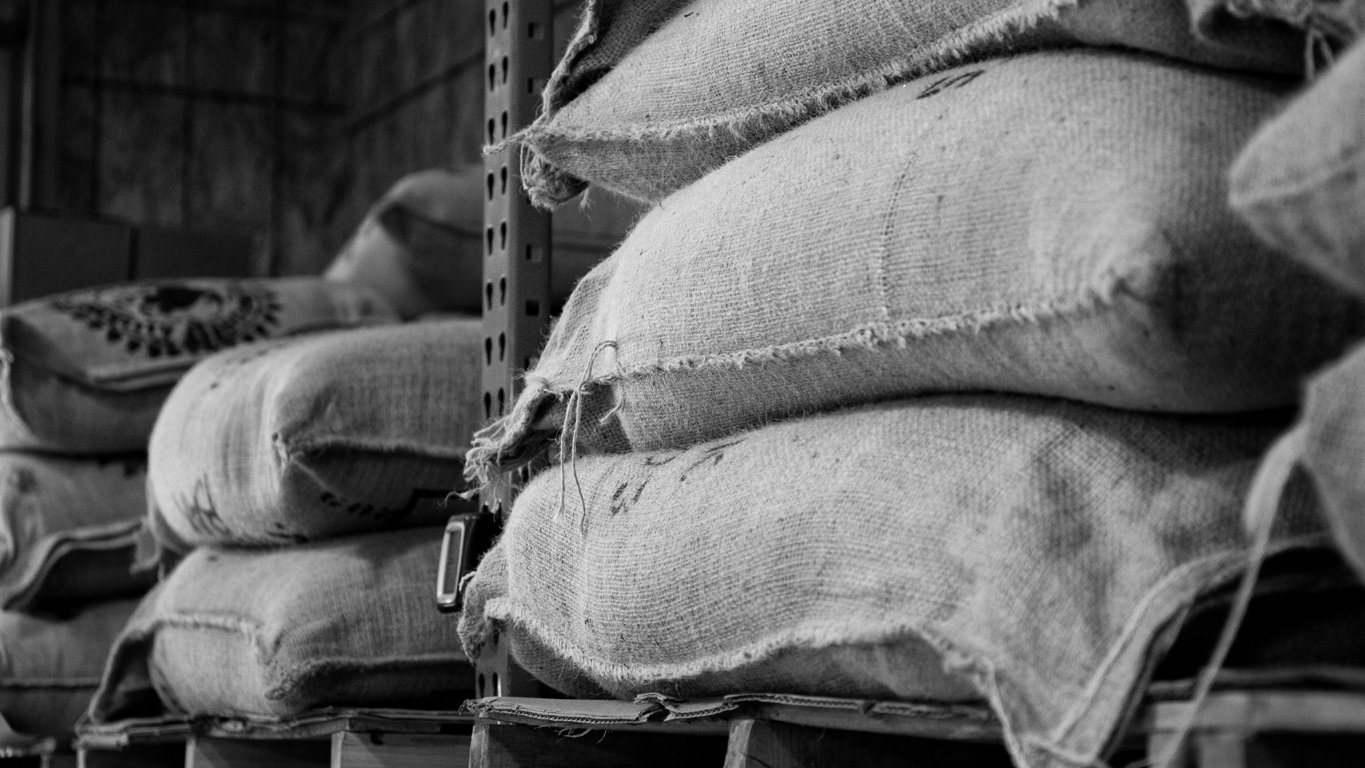
Nov 24, 2023 Connecting the Dots: Inside the 2023 Coffee Barometer Nov 24, 2023 Nov 24, 2023
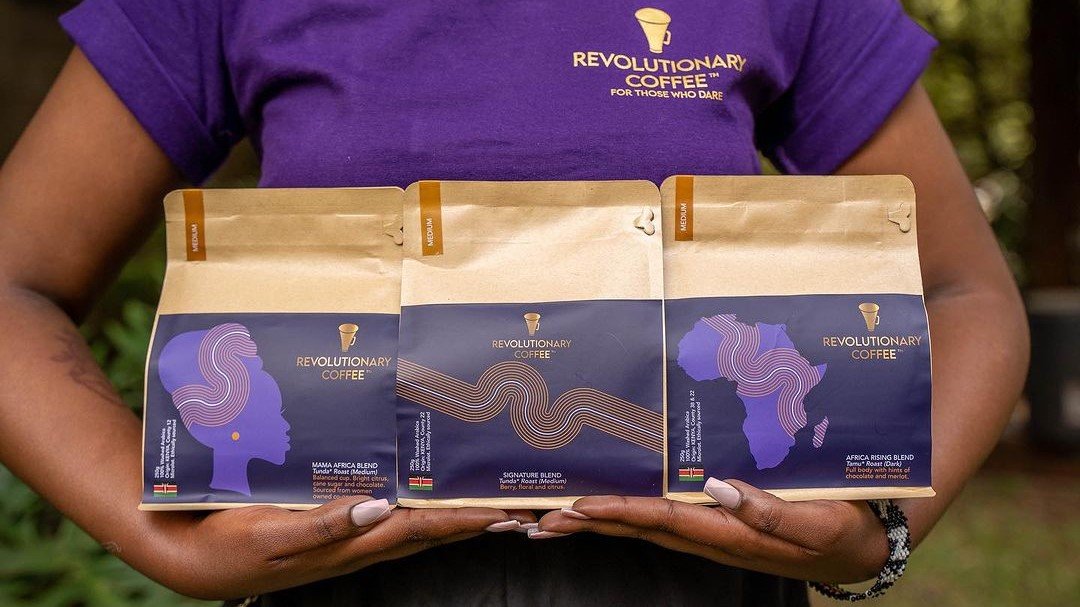
Oct 21, 2023 'Specialty Coffee Should be Enjoyed by Those Who Grow It': The Farmer's Daughter Joining Kenya's Coffee-drinking Revolution Oct 21, 2023 Oct 21, 2023
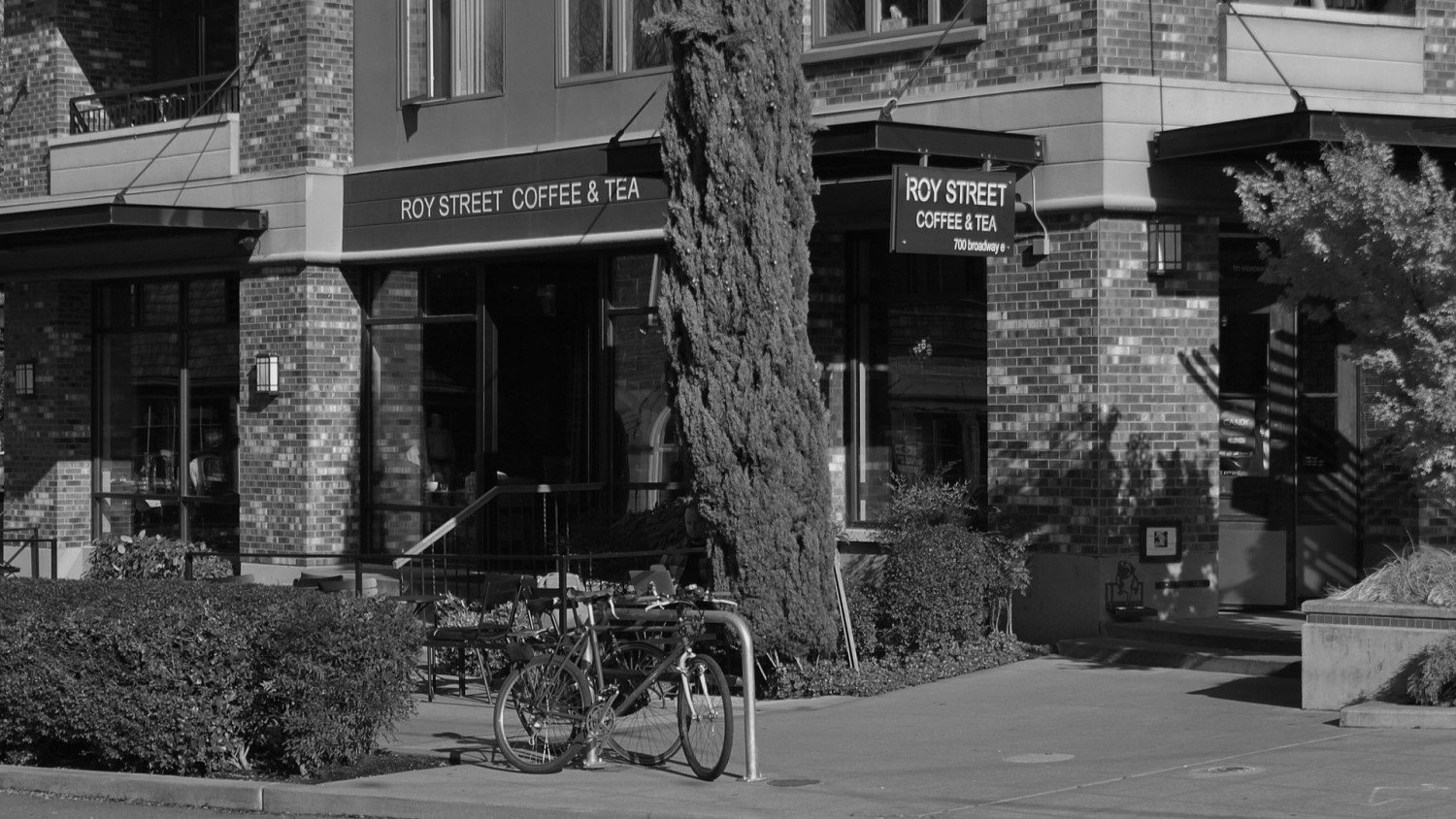
Oct 6, 2023 Stealth Starbucks: A Premonition of Modern Specialty Coffee Oct 6, 2023 Oct 6, 2023
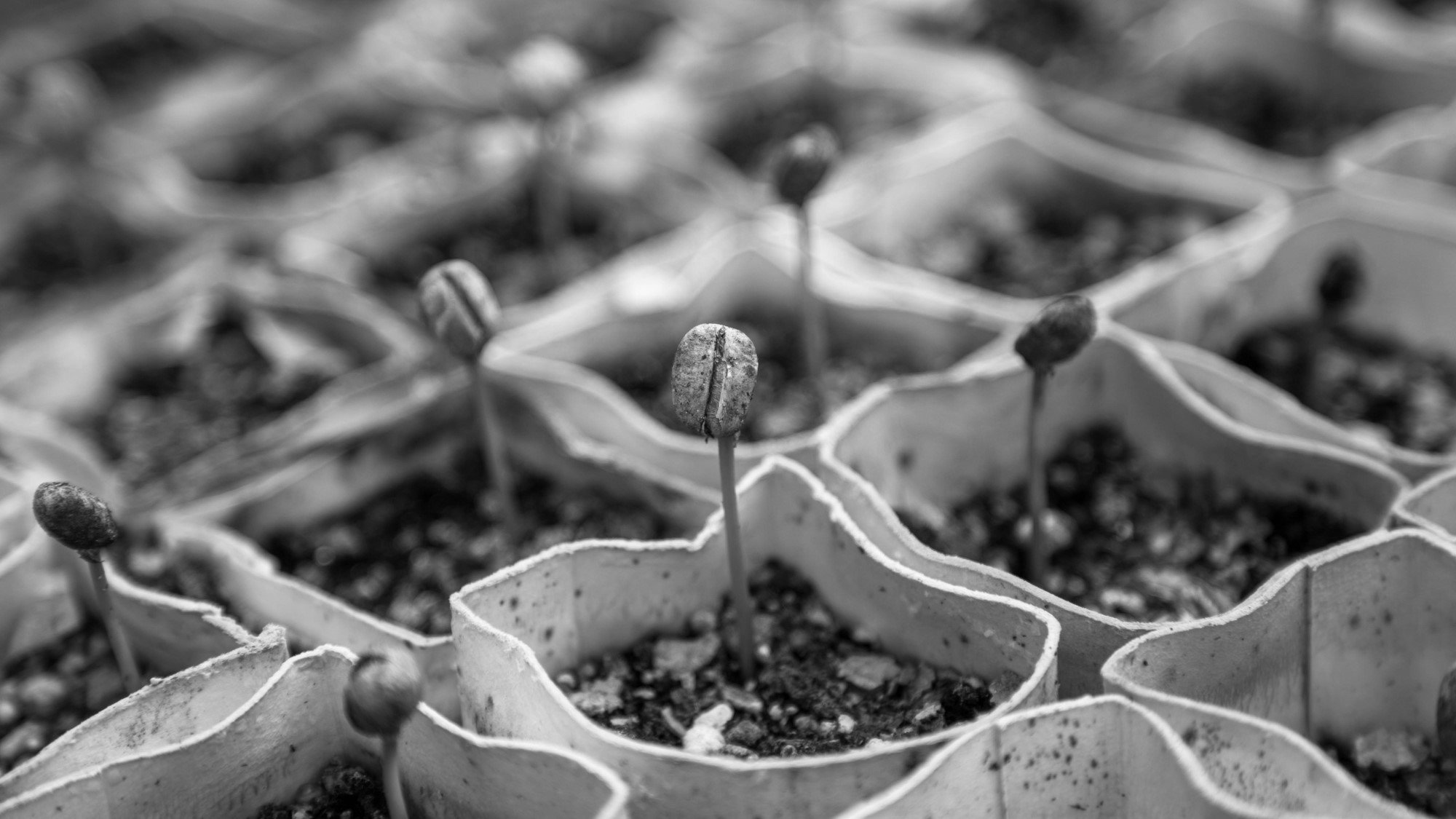
Sep 22, 2023 Can the Coffee Change Fund Save Coffee? Sep 22, 2023 Sep 22, 2023
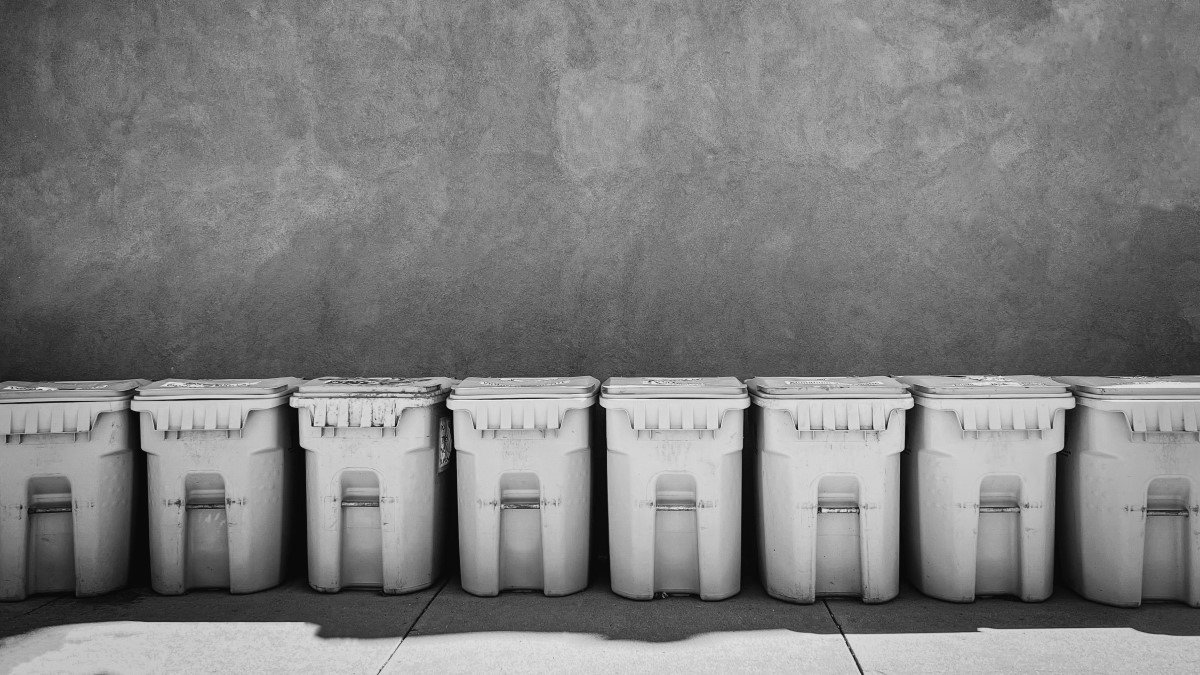
Sep 8, 2023 Upcycled Coffeewashing Sep 8, 2023 Sep 8, 2023
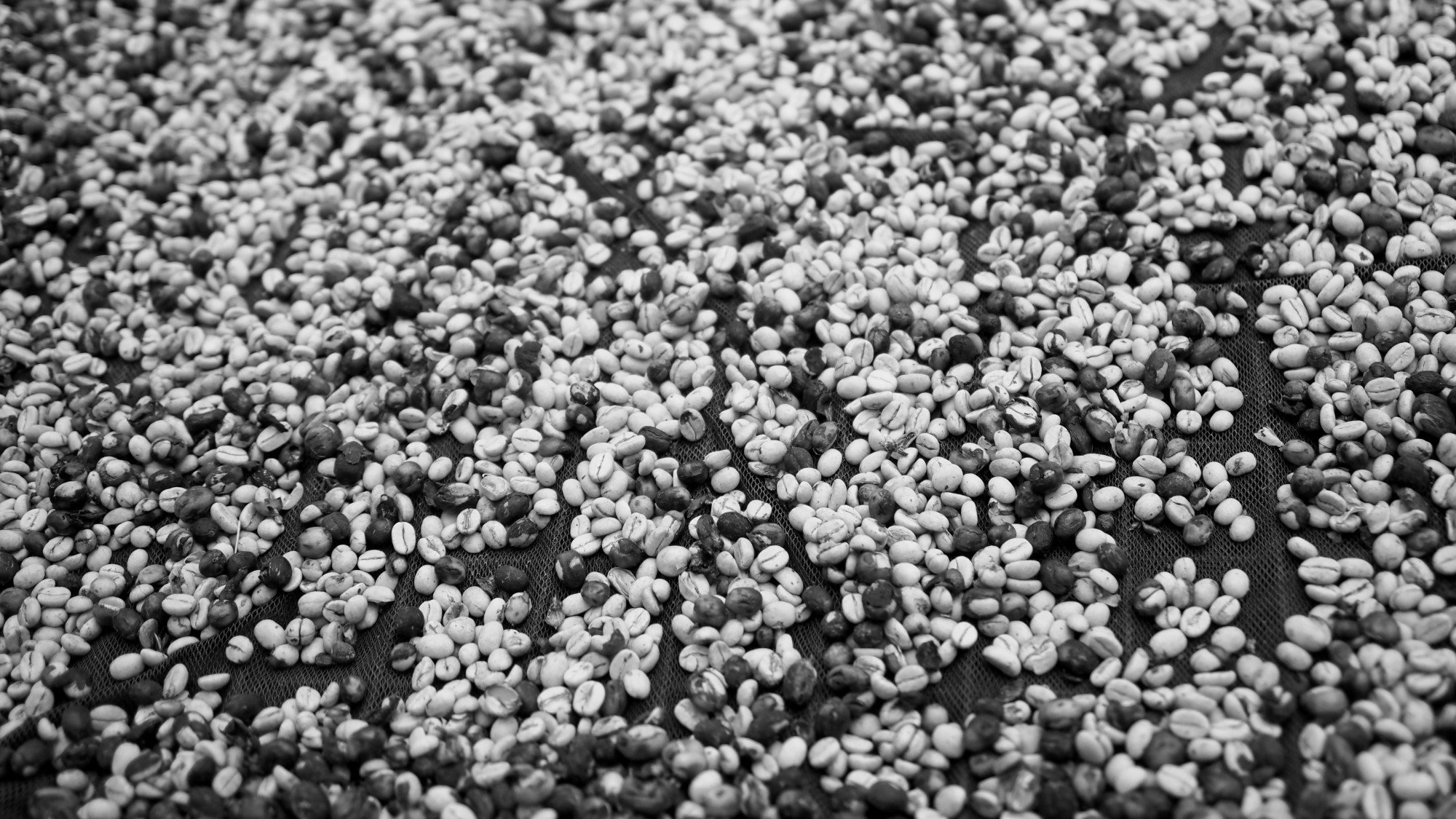
Aug 25, 2023 From A Concerned Farmer Aug 25, 2023 Aug 25, 2023

Aug 11, 2023 Philly is a (Coffee) Union Town Aug 11, 2023 Aug 11, 2023
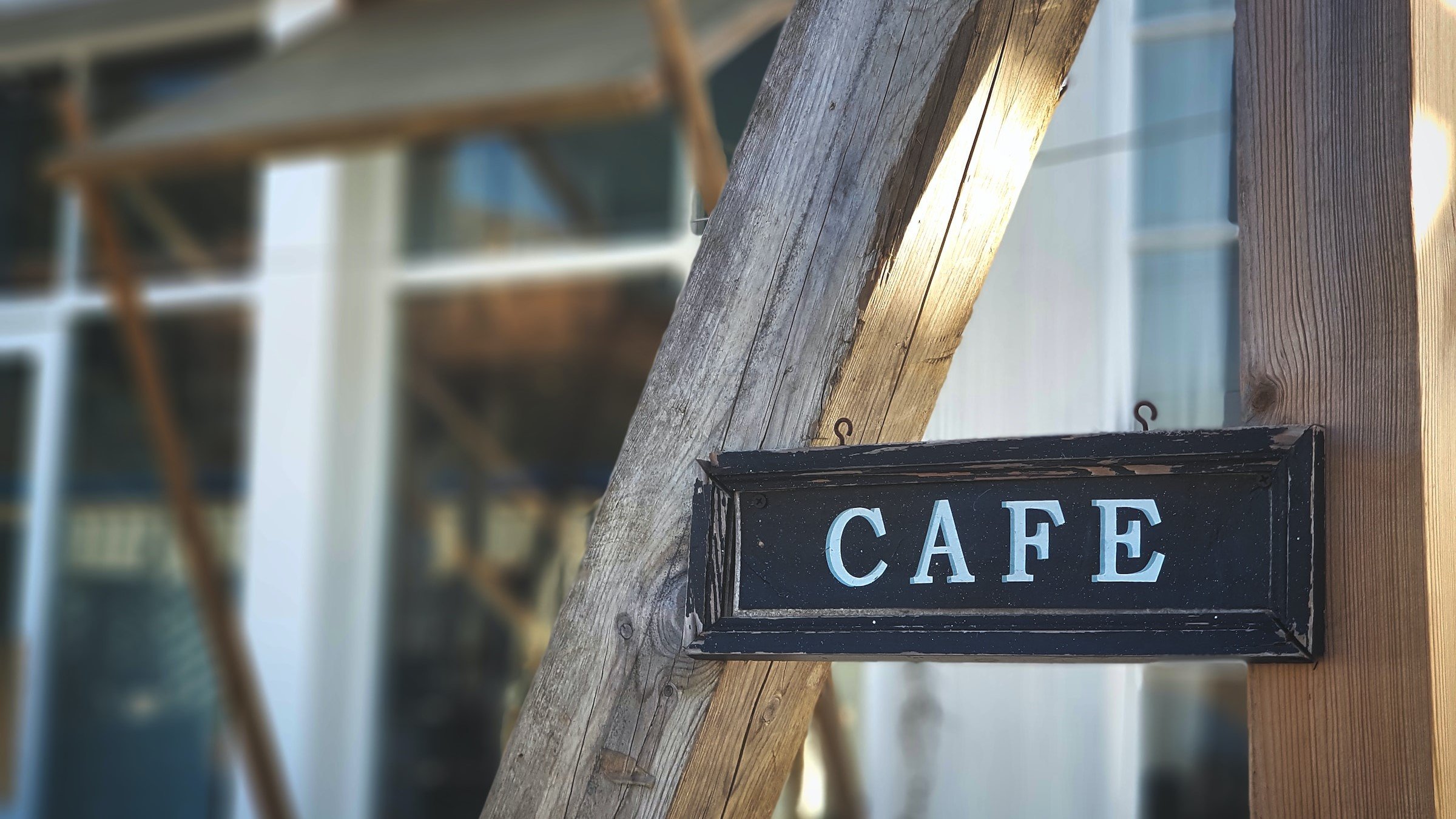
Jul 28, 2023 South Korea's Coffee Wars Jul 28, 2023 Jul 28, 2023
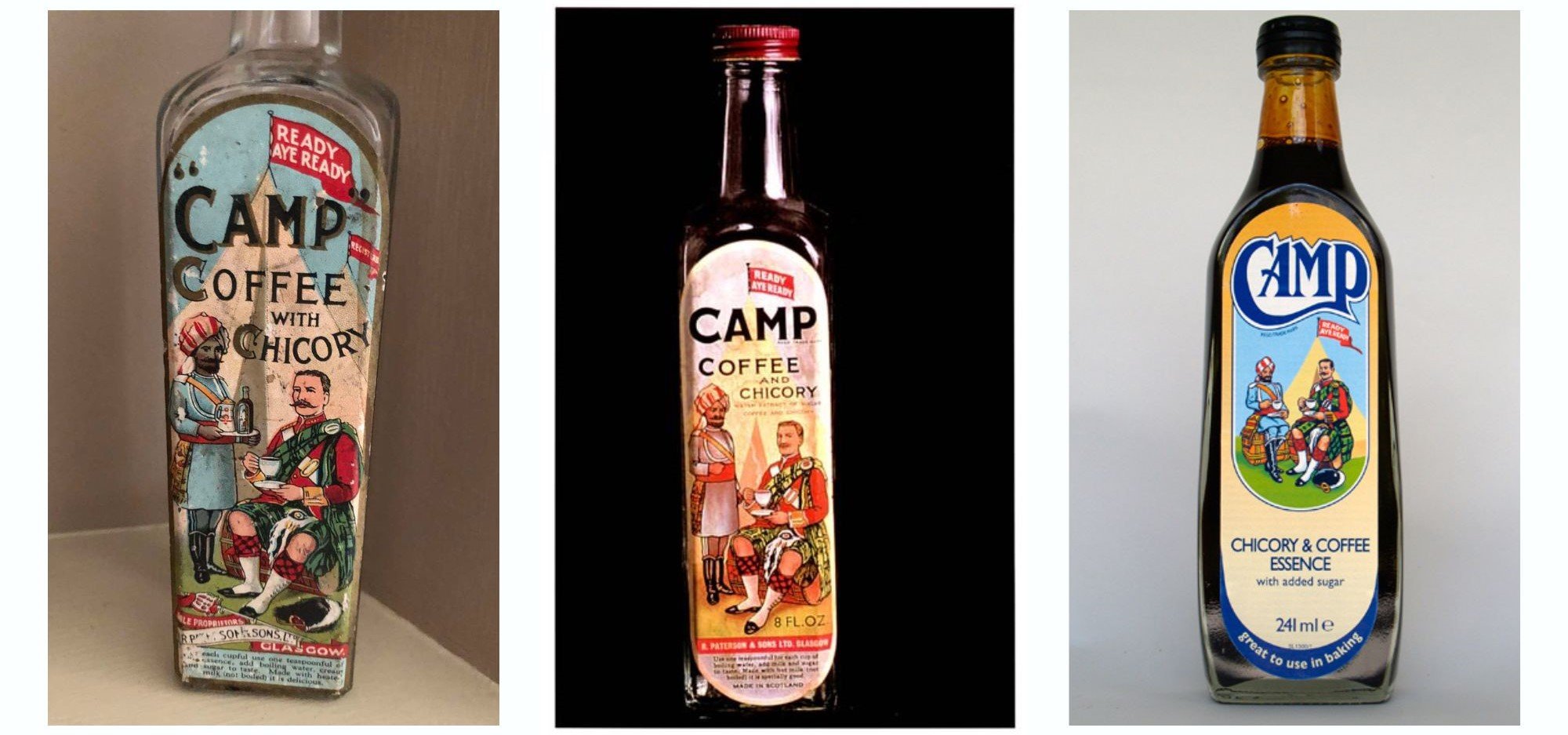
Jul 14, 2023 Camp Coffee, Colonialism, and the Evolution of a Brand Jul 14, 2023 Jul 14, 2023
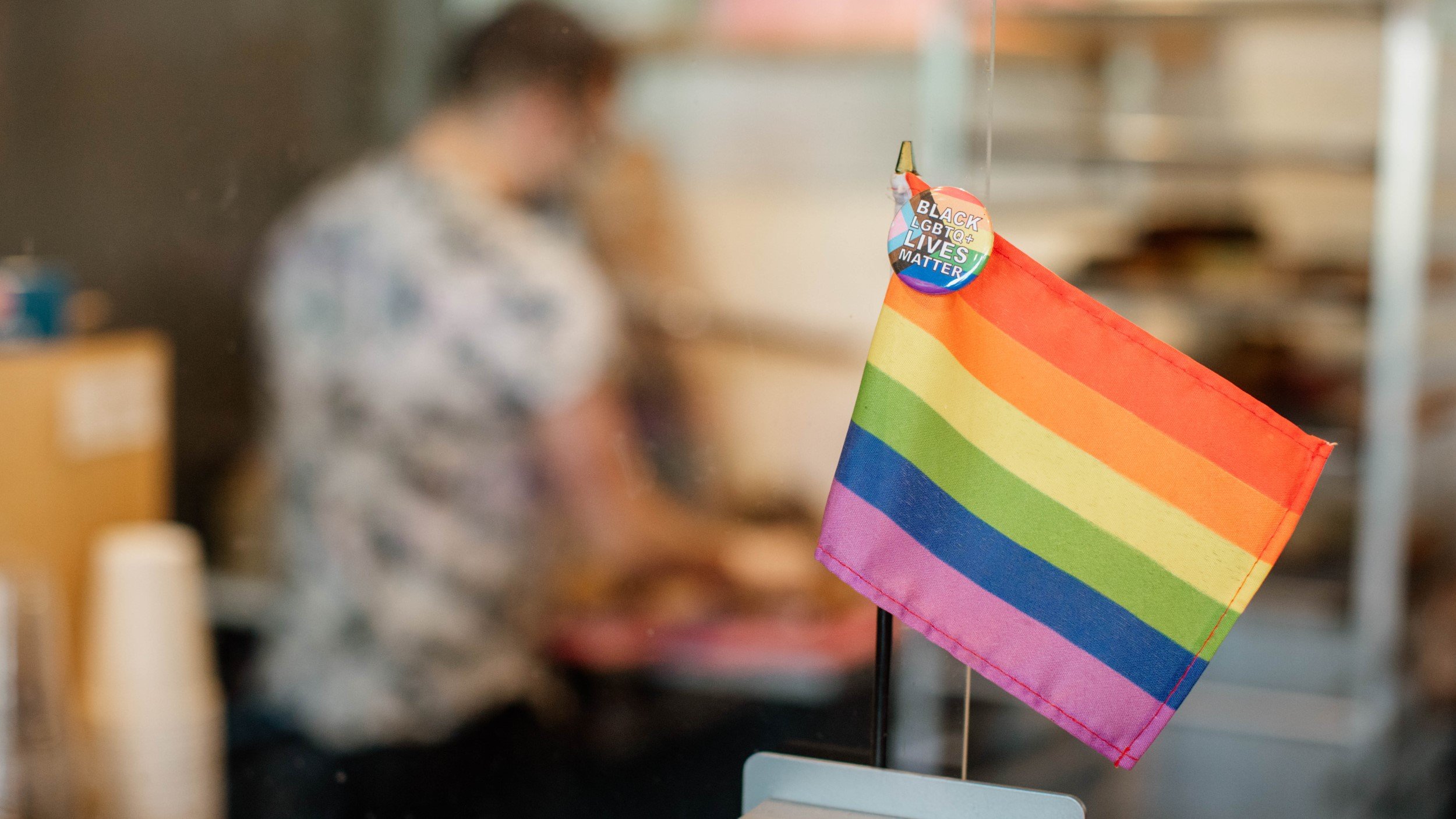
Jun 30, 2023 Defiance and Gay Frog Donuts: How Strange Matter Coffee is Navigating the Anti-LGBTQ+ Backlash Jun 30, 2023 Jun 30, 2023






